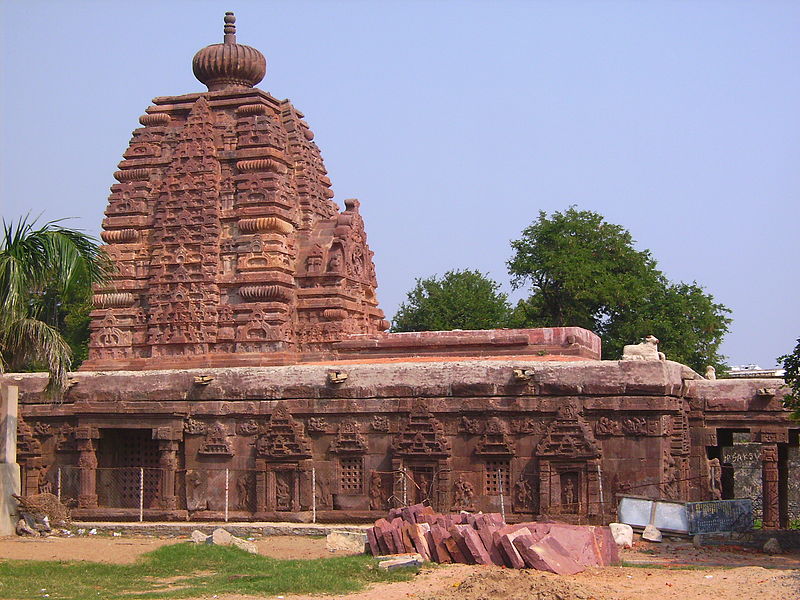Exploring Alampur: A Spiritual Voyage in the Heart of Hindu Heritage
Explore Alampur, a historic site in India, home to ancient Hindu temples and shrines that showcase the richness of Hinduism's cultural heritage.

Alampur, a quaint town in the state of Telangana, India, is a sublime blend of history, spirituality, and architecture. Nestled at the confluence of the sacred rivers Tungabhadra and Krishna, it is often referred to as Dakshina Kashi or the Varanasi of the South.
In the realm of Hinduism, Alampur is renowned for housing the ancient Navabrahma temples. These temples, dating back to the 7th century, are dedicated to Lord Shiva and embody the rich legacy of the Chalukya Dynasty. The intricacies of the architecture, manifested in the sculptures and carvings, are an ode to the aesthetic sensibilities of the artisans of yore. The sanctity of these temples attracts devotees and spiritual seekers from far and wide, making Alampur a revered pilgrimage site of the Hindu faith.
Yet, the spiritual charm of Alampur isn't limited to the Navabrahma temples. It is also home to the Jogulamba temple, one of the 18 Maha Shakti Peethas. The deity here, Goddess Jogulamba, is considered a manifestation of Shakti, symbolizing the divine feminine power. The temple, recently renovated, draws a multitude of worshippers who seek the blessings of the Goddess.
Alampur, however, isn't merely a pilgrimage site. It also offers insights into the rich cultural tapestry of the region. The Alampur Museum, filled with sculptures and relics from the Chalukya period, provides a window into the area's historical and artistic heritage.
In essence, Alampur can be appreciated not only for its profound spiritual significance in Hinduism but also for its historical relevance and architectural grandeur. Whether one is seeking divine blessings, exploring architectural marvels, or delving into history, Alampur offers an enriching and captivating experience.




